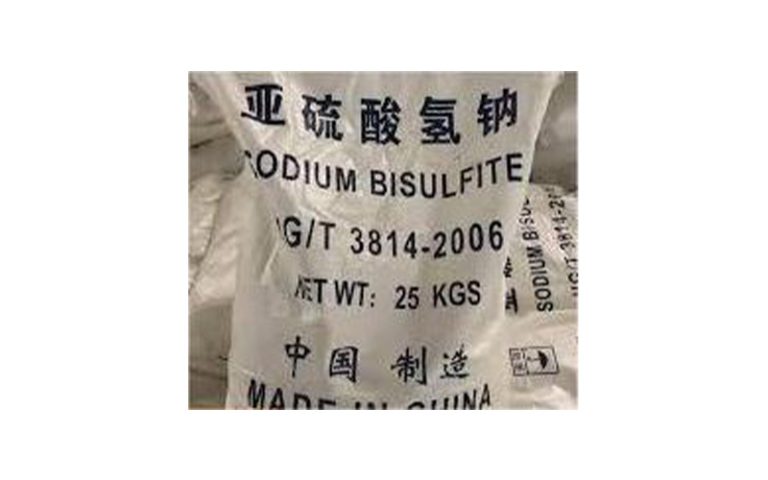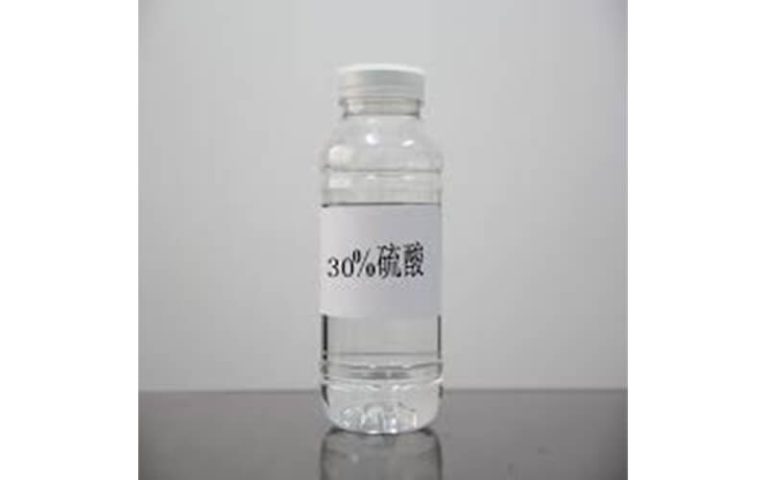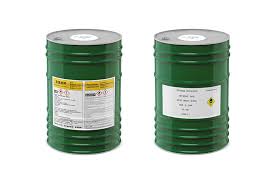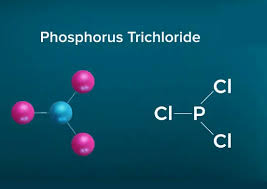sodium sulfate potassium sulfate and magnesium sulfate
What Are Sodium, Potassium, and Magnesium Sulfates?
Sodium sulfate, potassium sulfate, and magnesium sulfate play essential roles in health, industry, and agriculture. These sulfates, derived from sulfuric acid, showcase unique chemical properties that make them versatile in their applications. Understanding their characteristics and uses can help us appreciate how they impact everyday life.
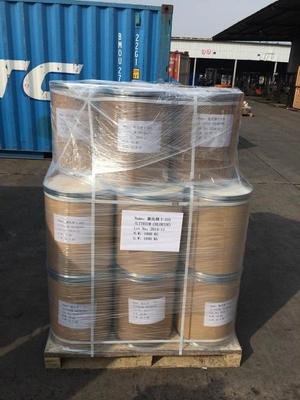
Sodium Sulfate Properties and Uses
Sodium sulfate, Known chemically as Na₂SO₄, it boasts high solubility in water and excellent heat stability.
Key Uses of Sodium Sulfate:
- Detergents: Sodium sulfate is a primary ingredient in powdered detergents, helping evenly distribute active cleaning agents.
- Paper Manufacturing: It plays a role in the Kraft process, aiding in the production of wood pulp for paper.
- Pharmaceuticals: Sodium sulfate can be used as a laxative or in electrolyte solutions for bowel cleansing before medical procedures.
For a deeper dive into how this compound works, Sodium Sulfate on PubChem offers a detailed explanation.
Potassium Sulfate Properties and Uses
Potassium sulfate (K₂SO₄) is a vital fertilizer in agriculture.
Why Farmers Chose Potassium Sulfate:
- Improves Soil Health: It enhances crop quality by improving drought resistance and yields.
- Chloride-Free: Unlike some other fertilizers, it lacks chloride, making it ideal for sensitive crops such as berries and tobacco.
Its role as a fertilizer ensures healthy plant growth while maintaining soil integrity
Magnesium Sulfate Properties and Uses
Magnesium sulfate, commonly recognized as Epsom salt, consists of magnesium, sulfur, and oxygen (MgSO₄).
Top Applications of Magnesium Sulfate:
- Medicine: Often used as a muscle relaxant, it treats magnesium deficiencies and is a common ingredient in bath soaks to ease tension.
- Laxative: In specific dosages, magnesium sulfate can act as a gentle, effective laxative.
- Agriculture: It supplements magnesium-deficient soil to improve crop production.
A more in-depth guide can be found on Magnesium Sulfate at PubChem.
These compounds demonstrate just how impactful sulfates can be across multiple areas of life—whether it’s cleaning, cultivating, or healing. Let their multifaceted uses remind us of the vital role of chemistry in shaping the world.
Medical Applications of Sulfates
Sodium sulfate, potassium sulfate, and magnesium sulfate are essential in the medical world, particularly for digestive health. Let’s explore their role in detail.
Osmotic Laxative Function
Sodium, potassium, and magnesium sulfates serve as osmotic laxatives, designed to prepare the digestive tract for critical medical procedures. But how exactly do they work? These sulfates pull water into the intestines, softening stool and increasing bowel movements. Think of it as creating a cushion of water to flush the system effectively.
In short, the sulfates adjust the osmotic gradient in your gut. This draws fluids into the colon and ensures thorough cleansing. Such action gets the colon squeaky clean for examinations, like a plumber clearing clogged pipes.
Key advantages of using sulfates for this purpose include:
- Effectiveness: They work quickly, often taking effect within a few hours.
- Gentle Mechanism: Unlike stimulants, their action doesn’t irritate the intestinal lining.
Their role in ensuring an unobstructed digestive system highlights their value i modern healthcare.
Usage in Colonoscopy Preparation
Preparing for a colonoscopy can feel daunting. Thankfully, sulfate-based solutions simplify the process. These solutions require specific dosing and careful preparation to ensure success.
Here’s how it typically works:
- Prescription: Your doctor orders a sulfate-based prep solution.
- Mixing: Generally, the powder is dissolved in a large volume of water or a clear liquid (as specified).
- Dosing: Patients are instructed to drink split doses—usually one in the evening before and another the morning of the procedure.
- Hydration: It’s crucial to stay hydrated by drinking clear fluids alongside the solution.
Proper adherence is key to success. Missed doses or improper preparation can lead to incomplete colon cleaning, which may hinder the procedure’s effectiveness.
If you’re curious about more information, detailed guidance on colonoscopy preparation using sulfates can be found in this ScienceDirect article. It delves into the medical efficiency of sulfate solutions and their benefits.
Possible Side Effects and Safety Precautions
Patients commonly experience:
- Mild Side Effects: Bloating, cramping, or a salty aftertaste in the mouth.
- Severe Reactions: In rare cases, dehydration, electrolyte imbalances, or nausea may occur.
Safety is always a priority. Patients must disclose any medications or medical conditions to their doctor beforehand. For instance, individuals with kidney concerns or electrolyte disorders require extra caution.
Some tips for minimizing risks:
- Follow Instructions: Stick to prescribed dosage and suggested intake schedule.
- Drink Fluids: Dehydration can compound side effects, so maintaining hydration is vital.
- Consult Your Doctor: Any adverse reactions should immediately be communicated to medical professionals.
Sulfur-based compounds continue to be transformative in how we approach diagnostic preparation and treatment, firmly securing their place in healthcare practices.

